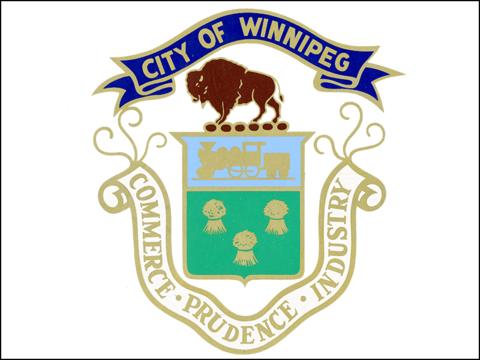
Identity area
Type of entity
Corporate body
Authorized form of name
Winnipeg (Man.). Special Committee on Post-War Reconstruction
Parallel form(s) of name
Standardized form(s) of name according to other rules
Other form(s) of name
Identifiers for corporate bodies
Description area
Dates of existence
1942-1948
History
The City of Winnipeg was incorporated in 1873 by a charter granted by the legislature of Manitoba. At incorporation, the City established a committee system of government: while Council was the governing body for the City, it was in committee that civic policies were formed and executed. The initial task for the first and all subsequent Councils was to strike standing committees for the Council year. In addition to standing committees, Council established special committees to investigate and manage various projects, issues and questions placed before the City. Special committees were typically struck by a Council motion that outlined committee composition and responsibilities. From about 1924 onward, special committees and their associated files were assigned an alpha-numeric code beginning with the letter "A".
The Special Committee on Post-War Reconstruction was established by Council motion on February 16, 1942. It was composed of two aldermen from each of the three wards of the City and was instructed to identify likely projects for post-war work within Winnipeg, draft a plan of action and consult broadly with other public bodies engaged in similar work. The identification and development of municipal projects was linked to a broader national objective of securing employment and stability for those demobilized from the armed forces and from war industries. Among the projects identified were: improvements to Winnipeg General Hospital; improvements to city schools; repairs and renewal of sewer and water systems, bridges, pavement and riverbanks; as well as mention of a new city hall. The committee consulted with other Canadian cities engaged in similar planning and solicited advice and information from the local business community. The file code for this special committee was A49.


